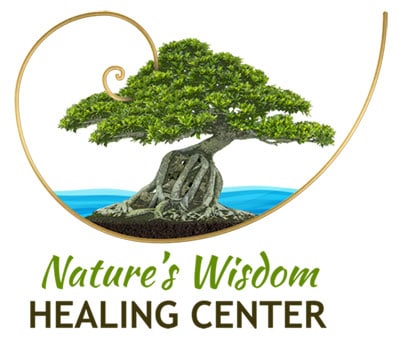- Complimentary Chat
- Complimentary Nutrition Assessment
-
-
 Nature's Wisdom Healing Center - Mary Cetan4920 Fruitville Road
Nature's Wisdom Healing Center - Mary Cetan4920 Fruitville Road
Sarasota, Florida 34232(941) 926-7899 - M9:00 am - 4:00 pmT9:00 am - 4:00 pmW9:00 am - 4:00 pmTH9:00 am - 4:00 pmF9:00 am - 4:00 pmSatmost 9:00 - noonSunClosed
-
Latest Articles:
- • The Best Ways to Protect Your Skin from the Sun This Summer •
- • Savoring Summer with Recipes Using the Best Summer Ingredients •
- • Top 5 Best Staycation Ideas for Summer •
Visit Natures Wisdom Healing Center on Google Plus
Both comments and trackbacks are closed.


